I'm trying to hook socket.io and express.js together:
var socket = require('./socket_chat/socket.js');
var express = require('express'),
app = module.exports.app = express();
var io = require('socket.io').listen(app);
app.use(express.static(__dirname + '/app'));
io.sockets.on('connection', socket);
At the line: var io = require('socket.io').listen(app); I'm getting an error:
Error: You are trying to attach socket.io to an expressrequest handler function. Please pass a http.Server instance.
There doesn't seem to be anything on SO/google about this error...
